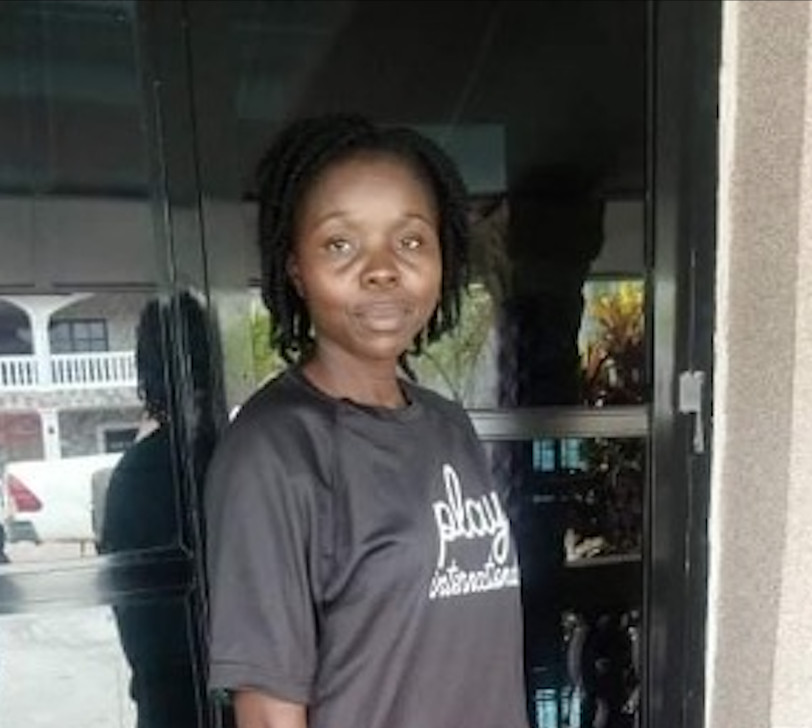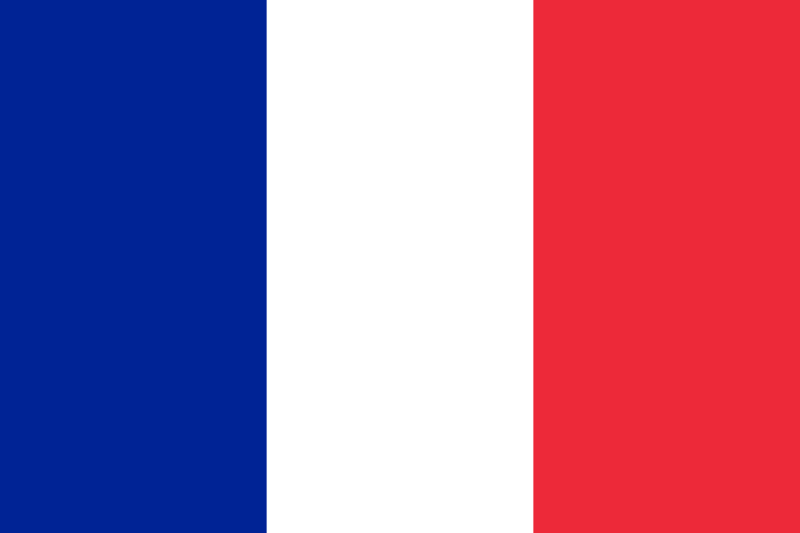For the International Women's Rights Day, discover the story of Louise, a Liberian teacher very involved in her job.

Louise is a female teacher assigned at the Buchanan Community School, Buchanan, Grand Bassa County. She gained interest in working with children from a tender youthful age in her church as a Sunday School Teacher. “ I love to see children smile and I am happy when they acquire a new skill “. She had some challenges growing up in a family faced with difficulties as the result of the Liberian civil crisis which ended in 2003.
Limited opportunities coupled with sexual harassment and abuse is the main reason why girls in Liberia constitute the majority of school dropouts in the country. There are also other factors contributing to this such as the belief that the burden of supporting the livelihood of the family falls upon the girls. This is why girls in urban communities are often seen street peddling. In rural communities however, the families often resort to arranged early marriage often leading to unwanted pregnancies. These all are part of the dynamic that limits girls attendance at school. Despite becoming a teenage mother, Louise remained determined to follow her dreams.
She persevered to pursue higher education in various disciplines. She is trained and certificated in Computer and Secretarial Science and worked briefly in a school setting as an assistant in the Business Office. This proximity to children motivated her to study and obtain a Bachelor of Science Degree at the United Methodist University in 2019.
After graduation, she was offered a teaching opportunity at the Buchanan Community School in Buchanan, Grand Bassa County. The Director of the Buchanan Community School, Mr. George Donyen, seconded Louise and two other teachers to the first Playdagogy training sessions.
Since her first engagement with the Ejo Liberia Programme activities, she has demonstrated overwhelming appreciation of this new phenomenon of capitalizing on the value of play or socio-sports activities as a methodology used to encourage active, participatory and inclusive learning in the schools.
"In my classes, children are performing exceptionally well due to the participatory pedagogical methods I used to teach the children. All of these are as a result of the skills I acquired from the trainings aspart of the Ejo programme. It has made me love my work with the children even more than before." According to Louise the children remember the majority of what they are taught because they have fun while learning, therefore she is capitalizing on using play as a valuable tool for learning.
Ejo in Liberia
PLAY International has been working in Liberia since 2020 as part of the Ejo program. Based on a 100% partnership approach and an exclusive collaboration with Mercy Corps, an international NGO that has been working in Liberia for several years, PLAY has entered a new territory in West Africa less than a year after opening its mission in Senegal.
Among the four Ejo countries, Liberia has the lowest net enrollment rate, below 40% in primary school. The country continues to suffer from the consequences of the civil war, exacerbated by successive health crises (Ebola, COVID). In addition to access, the issue of school retention arises, with 73% of Liberian children leaving school between primary and junior high school. The primary school completion rate is estimated at 59%, and is higher for boys than for girls, only 20% of whom complete their education.
Liberia is an exceptional territory for PLAY, with its very weak structure leading the NGO to adapt its practices as closely as possible to local possibilities, and through a unique partnership deployment mechanism. The complementarity between Mercy Corps and PLAY is an effective lever to address the main challenges facing the education sector in Liberia by building on the existing operational bases of local partner organizations (Child Rescue Africa, Big Dreams, YAPQUE, YATIA) and PLAY's innovative project engineering and educational content.
 FR
FR EN
EN